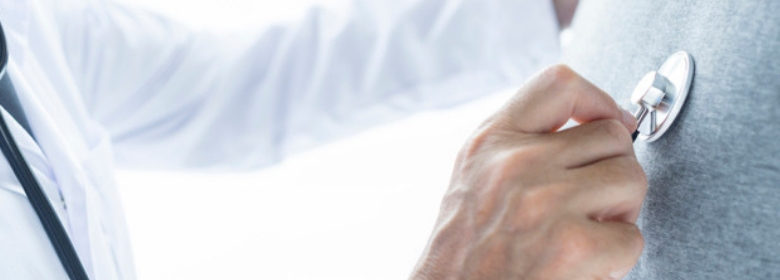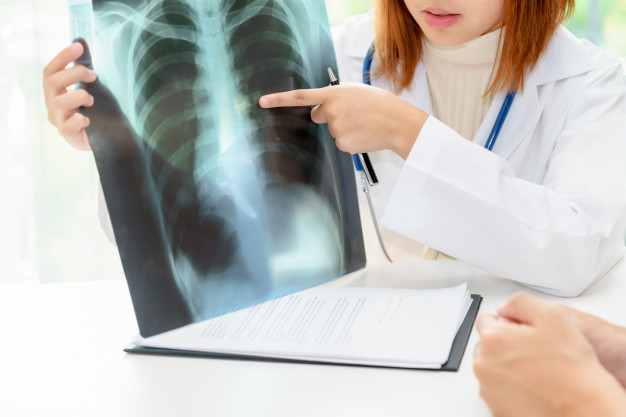Lung Cancer: 5 things you need to know!

Lung cancer is continuing to affect the lives of so many people. It’s important that we understand the disease and what we can do to improve our chances of beating it.
What are the different kinds of lung cancer?
Lung cancer develops in the tissue of the lung – usually in the cells that line the air passages. There are several types of lung cancer:
- Non-small cell lung cancer — When epithelial cells inside the lining of the lungs grow rapidly or uncontrollably, often forming a tumour.
- Small cell lung cancer — This typically starts in the bronchial passages and affects approximately 15 percent of lung cancer patients.
- Mesothelioma — Malignant mesothelioma is a disease in which cancer cells form in the linings of the organs, most often the pleura and sometimes the peritoneum.
What are the risk factors?
Smoking is THE BIGGEST risk factor for lung cancer. Smoking any kind of tobacco- cigarettes, cigars, and pipes can contribute to the risk factors.Tobacco products contain thousands of toxic substances and undoubtedly cigarette smokers are 15 to 30 times more likely to get lung cancer than nonsmokers. Hence, the longer you smoke, the greater the risk.
Other risk factors include:
1.Exposure to second-hand smoking
2.Being treated with radiation therapy
3.Exposure to polluted air
4.A family history of lung cancer
Symptoms of lung cancer
Some of the more common symptoms include a cough that does not go away, trouble breathing, chest discomfort, wheezing, hoarseness, and streaks of blood in mucus. Other symptoms can include loss of appetite, weight loss for no reason, and unusual tiredness.
Patients with mesothelioma may notice lumps, pain or swelling in their abdomen or pain under the rib cage.
How do doctors diagnose lung cancer?
When lung cancer is suspected, patients are advised to take up a CT scan, MRI, or PET/CT scan to produce a detailed image of their lungs. If a mass is detected, either a fine needle biopsy, core needle biopsy, bronchoscopy, or endobronchial ultrasound (EBUS) is carried out to remove a piece of tissue from a node or tumor. Then a pathologist examines the tissue to determine whether cancer is present and, if so, the type and stage of the cancer.
Diet recommendations for people with lung cancer
It is necessary that the body gets all the nutrients it needs. If you’re deficient in certain vitamins or minerals, your doctor can advise you on which foods can provide them. Otherwise, you’ll need a dietary supplement. We advise you not to take supplements without talking to your doctor because some can interfere with treatment.
- If you don’t have a major appetite, try eating smaller meals throughout the day.
- If you have been asked to gain weight, supplement your diet with low sugar, high-calorie foods and drinks.
- Drink mint and ginger tea as it soothes your digestive system.
- If your stomach is easily upset or you have mouth sores, avoid spices and stick to bland food.
- If constipation is a problem, add more high-fiber foods.
- Eat whenever you have an appetite
Prevention
There’s no sure way to prevent lung cancer, but you can reduce your risk if you:
1. Don’t smoke- If you’ve never smoked, don’t start.
- Stop smoking- Stop smoking now. Quitting reduces your risk of lung cancer.
3. Avoid secondhand smoke- If you live or work with a smoker, urge him or her to quit.
4. Eat a diet full of fruits and vegetables- Choose a healthy diet with a variety of fruits and vegetables. - Exercise most days of the week- If you don’t exercise regularly, start out slowly.
References:
https://www.healthline.com/health/lung-cancer
https://brighamhealthhub.org/treatment/lung-cancer-five-things-you-need-to-know



